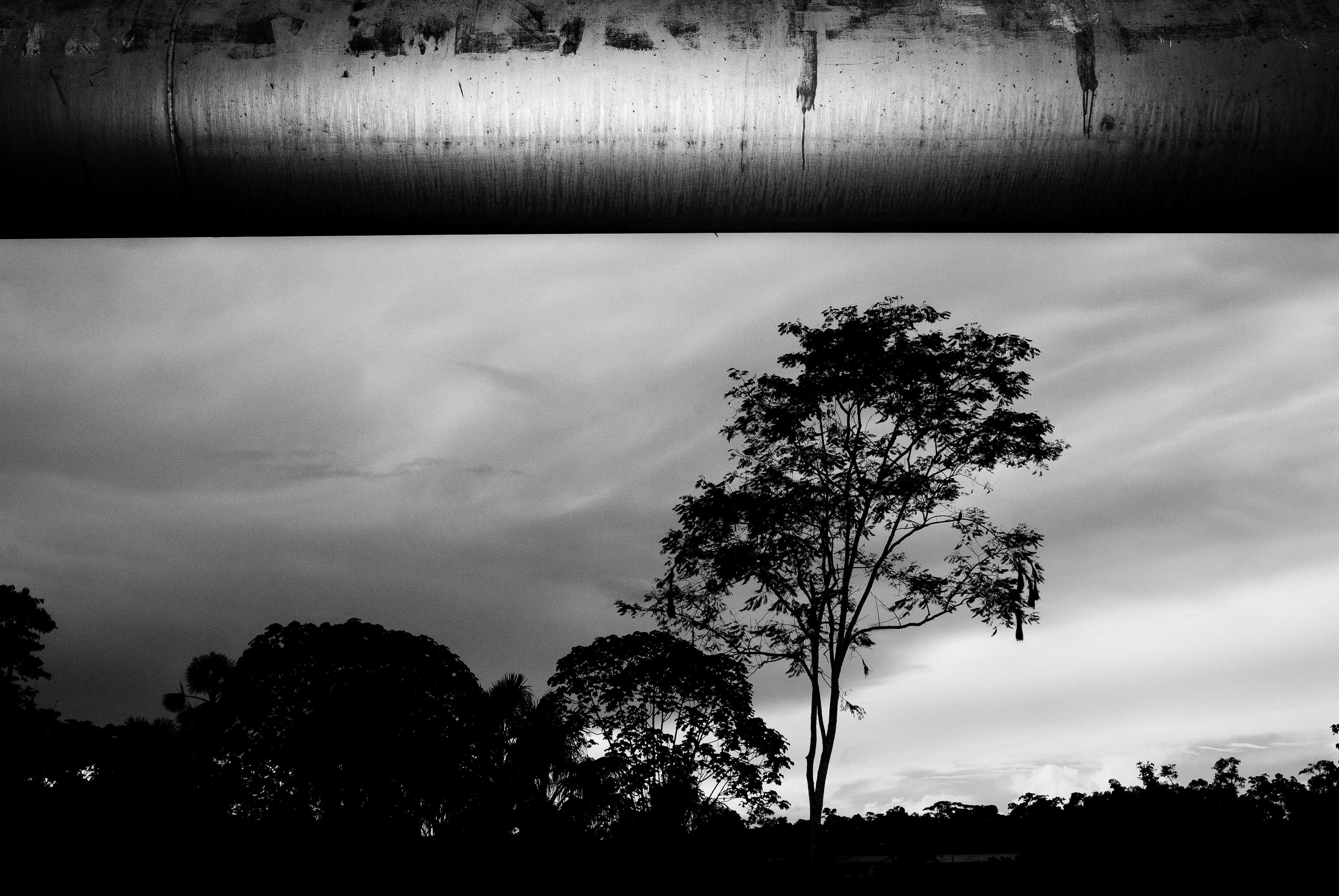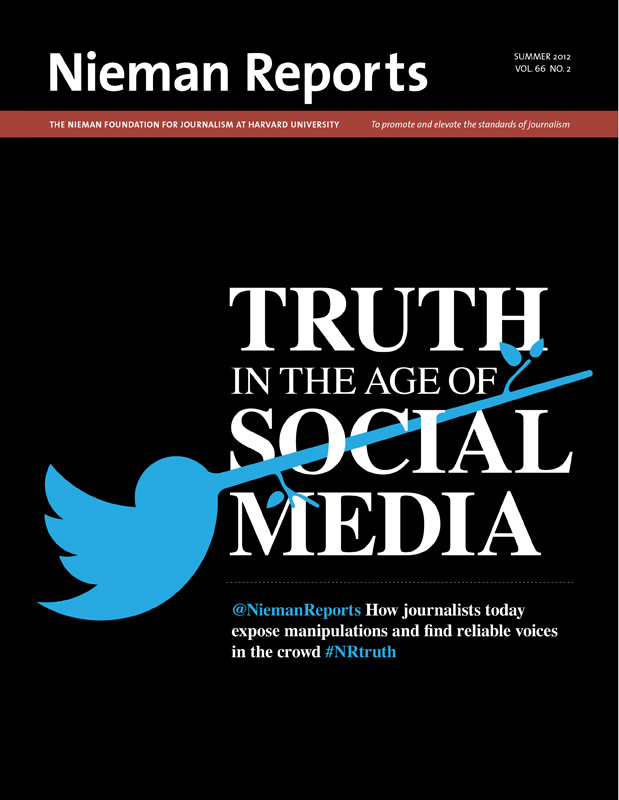
Ecuador: The 300-mile-long Trans-Ecuadorian Oil Pipeline System carries crude oil from the Amazon to the Pacific Ocean. All photos by Gustavo Jononovich.
Latin America's abundant natural resources are a blessing and a curse. Too often, foreign companies benefit while citizens lose their health and livelihoods. "Richland," my ongoing documentary project, is an attempt to show how the exploitation of the region's natural riches harms people and the environment.
Since the early 1990s Latin America has seen significant growth in foreign investment in mining and agriculture. Land has been opened up to multinational companies with few protections for the people who live on it.
I began this project four years ago with a visit to the Brazilian Amazon, where agribusiness companies bought wide swaths of land to expand their soybean farming operations. With the hope of starting a new life, many of the sellers migrated to the city of Santarém. Yet their money didn't go far. Many had no marketable job skills and found themselves living in slums.
The next year I traveled to La Oroya in the Peruvian Andes. This town is considered one of the most polluted places in the world. For 90 years the life and economy of La Oroya has revolved around a mammoth smelter, now owned by the U.S.-based Doe Run Company, one of the world's largest lead producers. Thousands of children have been diagnosed with lead poisoning. It is difficult to prove that people get sick or die due to industrial pollution, but the connection between lead poisoning in children and irreversible brain injury is well established.
In 2010, I documented the destruction associated with illegal gold and diamond mining in Venezuela. Jungles are cleared, and diamond miners blast mountains with water under high pressure, wearing them down to nothing.
In Ecuador last year, my focus was oil pollution. During three decades of drilling in the Amazon, Texaco (now part of Chevron) dumped more than 18 billion gallons of toxic wastewater into the rainforest, polluting rivers and streams that local people depend on for drinking, cooking, bathing and fishing. The population has suffered a wave of cancers, miscarriages and birth defects. Earlier this year an appellate court in Ecuador ordered Chevron to pay $18 billion in damages for polluting the Amazon jungle. Whether the indigenous communities who are parties to the suit will ever receive any of that money remains to be seen.
Gustavo Jononovich, a lifelong resident of Buenos Aires, Argentina, is a freelance photographer.









